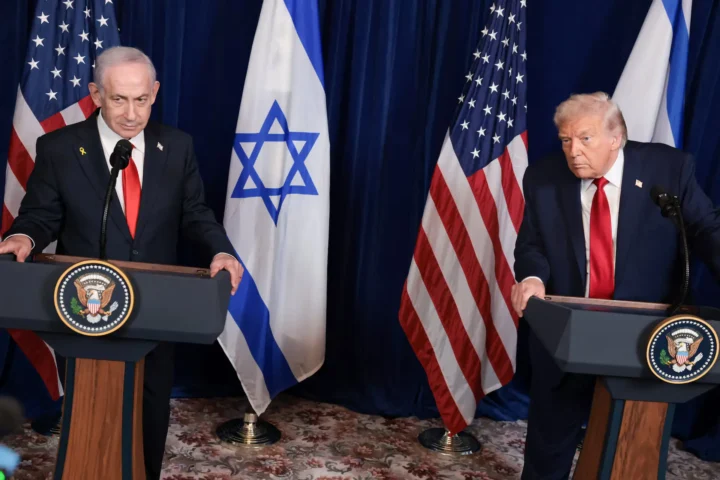As Donald Trump prepares for his return to the White House, the world braces for a new chapter in U.S.-China relations. But as the contours of his China policy begin to emerge, it’s clear that his approach—likely hard-line and transactional—may be riddled with contradictions. Can Trump navigate these competing priorities, or will his policies unravel under their own weight?
Tariffs and the Domestic Tug-of-War
Trump’s love affair with tariffs is no secret, and his rumored plans for a 60 percent tariff on Chinese goods would undoubtedly mark a historic escalation. Yet, tariffs have consequences, as the U.S. learned in his first administration. High tariffs on China could push manufacturers toward alternatives like Vietnam or Indonesia, but such “friend-shoring” would still come with a hefty 10 to 20 percent tariff under Trump’s broad protectionist goals.
This strategy, while designed to protect American jobs and industry, risks exacerbating inflation and alienating middle-class consumers. Republicans may find themselves in the same perilous position as Democrats in recent years—blamed for rising costs and shrinking wallets. Moreover, with popular low-cost Chinese apps like Temu and Shein embedded in American shopping habits, will the administration have the stomach to disrupt access to affordable goods?
Business Entanglements: A Policy Minefield
A more nuanced question revolves around Trump’s inner circle, where business interests in China could complicate policymaking. Trump himself, along with key allies such as real estate magnate Steve Wynn, has long-standing stakes in the region. Perhaps most pivotal is Elon Musk, a figure whose success in China hinges on Beijing’s favorable policies. Musk’s public alignment with China on issues like Taiwan and Xinjiang raises questions about how much sway these relationships might exert over Trump’s decisions.
If history is any guide, Trump’s China policy has often been susceptible to influence. In 2018, he softened his stance on telecom giant ZTE following conversations with Chinese leaders. His policy reversals on TikTok further highlight a pattern of transactional decision-making driven by personal connections and high-level lobbying.
The Grand Question: Ideology or Geopolitics?
At its heart, Trump’s approach to China must grapple with a fundamental question: Is the United States opposing China out of ideological principle or geopolitical necessity? This distinction is not merely academic. If Washington views Beijing as a rival to be managed, grand bargains may be on the table. But if the Chinese Communist Party (CCP) is framed as an ideological enemy, a Cold War-style standoff becomes inevitable.
This ideological ambiguity will have real consequences for U.S. policy toward Taiwan. Trump has signaled skepticism about Taipei’s defense efforts, even suggesting it freeloads off U.S. security guarantees. If Taiwan is perceived as an ideological beacon of democracy, it may find strong support in Washington. If viewed as a costly geopolitical liability, its future may hinge on Trump’s ever-shifting calculus.
The People Behind the Policy
Staffing choices will shape Trump’s China strategy in profound ways. Figures like Rep. Mike Waltz and Sen. Marco Rubio bring a strong human rights focus to the table, but their efforts may clash with Trump’s personal admiration for Xi Jinping’s authoritarian control. While Rubio and others advocate for ideological competition with Beijing, Trump’s history suggests a preference for pragmatism over principle.
This tension underscores the unpredictability of Trump’s policymaking. His praise for Xi’s “iron fist” suggests that ideological competition between democracy and autocracy may play a secondary role in the relationship. Yet, hawks in his administration could push for a harder line, forcing Trump to reconcile their ambitions with his transactional instincts.
The Road Ahead
Trump’s China policy will likely reflect the same blend of bold ambition and internal contradiction that defined his first term. While a more hard-line approach seems inevitable, the specifics—tariffs, Taiwan, and technology—will be shaped as much by global pressures as by the competing voices in Trump’s inner circle.
Will Trump forge a coherent strategy, or will his policies wobble under the weight of conflicting priorities? As the second Trump administration takes shape, one thing is clear: America’s relationship with China is entering uncharted territory, where the stakes are higher than ever, and the outcomes are anything but certain.











